Trying to “flesh out” (pun intended!) a year end unit on the human body? The Walking Classroom has got you covered! With podcasts addressing body systems and related topics, you and your students will be embarking on anatomy-based adventures in no time!
Systems Check!
Introduce your students to the human body and its systems. You have several podcasts from which to choose! FYI: Human Body’s Slimy Shields is a fan favorite!
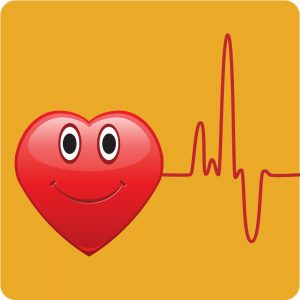 Skin (4-#5, STEM-#30, Combined-#126)
Skin (4-#5, STEM-#30, Combined-#126)- Human Body’s Slimy Shields (4-#4, STEM-#29, Combined-#127)
- Heart and Circulatory System (4-#6, STEM-#31, Combined-#128)
Are your students looking to learn even more about any one of these topics? Check out a ready-made lesson plan on the skin!
Introduce another system or two, like the digestive system or the nervous system, or go all out with a full unit on body systems! There are anatomy activities and lesson plans (based on Next Generation Science Standards) to support your efforts!
Did Someone Say Doctor?
While you’re studying the human body and how it works, it makes sense to mix in some medical personalities too. Check out these choices!
- Dr. Elizabeth Blackwell (4-#15, STEM-#40, Combined-#155)
- Dr. Daniel Hale Williams (4-#19, STEM-#41, Combined-#167)
- Dr. Christiaan Barnard (4-#20, STEM-#44, Combined-#154)
- Dr. Charles Drew (4-#13, STEM-#43, Combined-#161)
It’s easy to extend the lesson with some extra resources. View a video on Dr. Elizabeth Blackwell, America’s first woman doctor, then learn more about her by reviewing a brief biography or investigating primary sources!
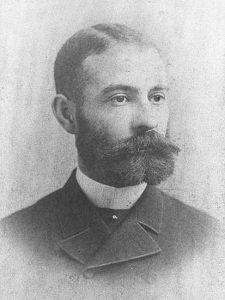 Explore the life of Dr. Daniel Hale Williams, the African American surgeon who was the first to perform a successful open heart surgery . . . in 1893! Travel through the events in his life using an online timeline. Then, learn more about Dr. Williams and the Heart and Circulatory System with a lesson plan that supports both podcasts!
Explore the life of Dr. Daniel Hale Williams, the African American surgeon who was the first to perform a successful open heart surgery . . . in 1893! Travel through the events in his life using an online timeline. Then, learn more about Dr. Williams and the Heart and Circulatory System with a lesson plan that supports both podcasts!
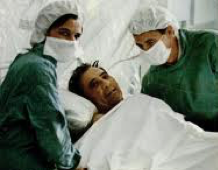 Want to continue the focus on the heart? Study Dr. Christiaan Barnard, the South African surgeon who performed the first heart transplant. Review his life with a short summary, then segue into health habits with an extension activity all about eating right!
Want to continue the focus on the heart? Study Dr. Christiaan Barnard, the South African surgeon who performed the first heart transplant. Review his life with a short summary, then segue into health habits with an extension activity all about eating right!
Wrap up with a focus of the life of Dr. Charles Drew, an African American medical researcher, whose work with blood transfusions and blood storage led to the development of blood banks. Find out more about him with an exploration of primary sources or a collaborative learning activity!
Other Options
Beyond doctors, you can meet more folks with links to medicine and the body! Have a listen to podcasts about the founders of the Mayo Clinic or the Frenchman who invented a system of writing and reading for the blind and visually impaired.
After learning about the Mayo Family and Mayo Clinic (4-#18, STEM-#42), review the history at a glance with an online timeline.
Incorporate activities in Braille in your lesson on Louis Braille (5-#15, Combined-#156), then practice with a printable on the Braille alphabet.
More to Explore!
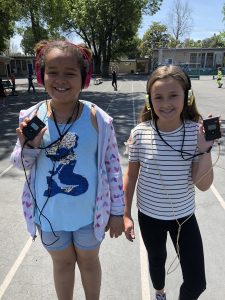 And yes! There’s still more to explore! Delve into a unit merging anatomy and medicine. Have your students do a little research, then let them be the experts! It’s easy to find interactive resources to help bring the subject matter to life! If it’s some hands-on fun you’re seeking, you may want to try out some experiments or intersperse some additional activities!
And yes! There’s still more to explore! Delve into a unit merging anatomy and medicine. Have your students do a little research, then let them be the experts! It’s easy to find interactive resources to help bring the subject matter to life! If it’s some hands-on fun you’re seeking, you may want to try out some experiments or intersperse some additional activities!


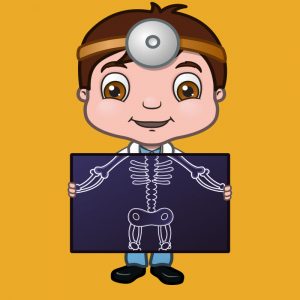
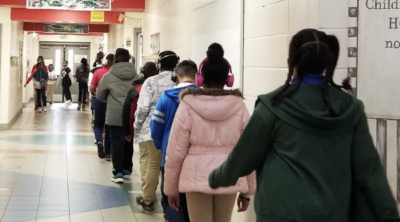
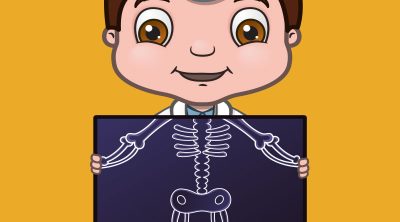
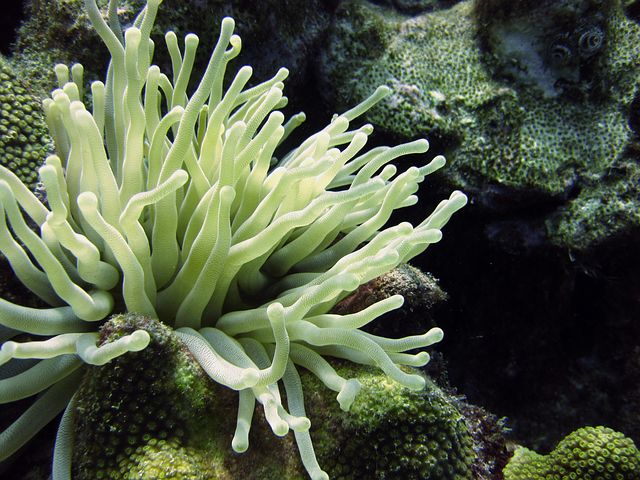
I love these ideas! My 3rd graders listened to the STEM #31 podcast during their study of the human body. Then we looked at the heart using Google Virtual Reality. It was a fun study and the kids loved it!